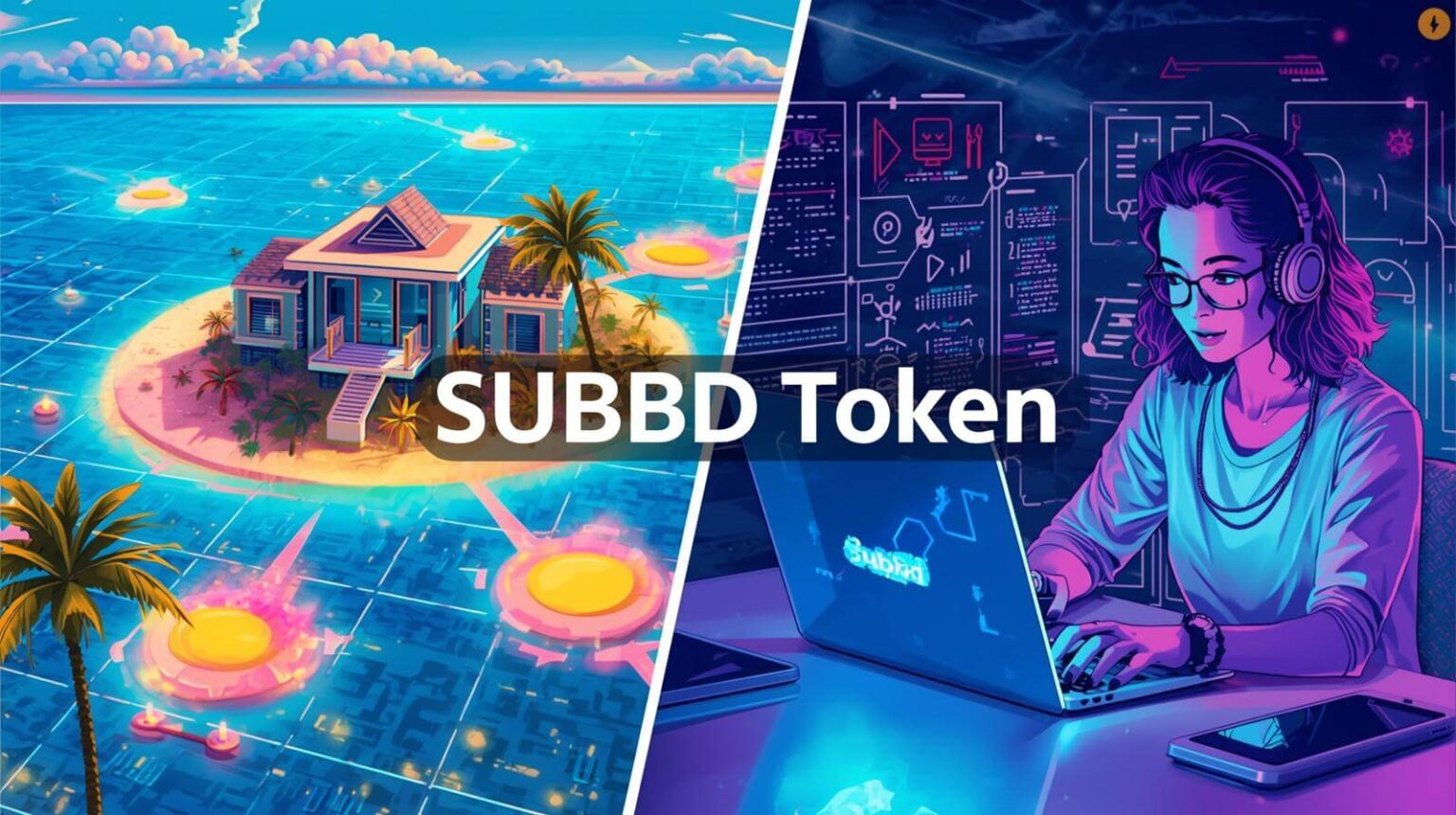In the rapidly evolving world of digital assets, the concept of tokenization is not just an abstract idea but a transformative force reshaping industries. Recently, a landmark step has been taken with tokenized real estate projects, blending traditional investment paradigms with cutting-edge blockchain technology. This shift signals a new era where iconic projects, such as the Trump International Hotel Maldives, become accessible as digital share opportunities. Such developments underscore a broader trend where digital assets are not only financial instruments but also vehicles of innovation aimed at redefining asset ownership.
Tokenization: Revolutionizing the Future of Real Estate and Beyond
The Trump Organization, in collaboration with Saudi Arabia’s Dar Global, is leading this groundbreaking movement. They’ve announced the financing of the Trump International Hotel Maldives through what is being hailed as the world’s first tokenized hotel development project. This initiative allows investors to acquire digital shares during the construction phase. The timing of this announcement aligns with Saudi Crown Prince Mohammed bin Salman’s commitment of up to $1 trillion in U.S. investments, fostering stronger financial synergies between Saudi Arabia and the United States.
Integration of Tokenization in Financial Markets
Saudi Arabia’s Vision 2030 encompasses a progressive policy framework encouraging digital asset infrastructure. This foresight includes pilots aimed at tokenizing equity markets and establishing domestic digital currencies in collaboration with global technology partners. The Maldives project is a testament to these efforts, highlighting how tokenization is becoming a cornerstone for integrating tourism, real estate, and capital markets within the digital asset ecosystem.
Extending Tokenization to the Creator Economy
Beyond real estate, the concept of tokenization is revolutionizing the creator economy. SUBBD is at the forefront, applying blockchain’s on-chain ownership principles to content creation and digital identities. It provides a platform for creators to tokenize their work, offering fans a more immersive and incentivized experience. By leveraging Ethereum smart contracts, SUBBD ensures that creators retain a significant portion of their revenue without intermediaries cutting into their profits.
How SUBBD Pioneers a New Era in Content Monetization
SUBBD’s innovative approach addresses several pain points prevalent in traditional content platforms. Centralized systems often impose steep fees, leaving creators with minimal earnings. By utilizing smart contracts, SUBBD ensures that revenue flows directly to creators’ wallets, enhancing transparency and efficiency. Additionally, it integrates AI-driven tools to scale content output and fan interaction without additional overhead costs, truly democratizing the creative process.
The Future Outlook of Tokenized Assets
As tokenized assets becomemore mainstream, they present an enticing proposition for both investors and creators. SUBBD, for instance, offers tokens that can be staked for attractive annual percentage yields, alongside exclusive content and platform features. The presale has already attracted significant interest, raising over $1.3 million, with tokens priced at $0.057. Predictions suggest that by the end of 2026, SUBBD could reach a high of $0.48, making it an appealing investment opportunity.
In essence, as tokenization transitions from a niche concept to a fundamental infrastructure, projects like SUBBD are poised to tap into the $85 billion content creation market, driving new forms of on-chain monetization while aligning creator success with fan engagement.
FAQs on Tokenization
What is tokenization, and how does it apply to real estate?
Tokenization refers to converting physical or digital assets into digital tokens on a blockchain. In real estate, it enables fractional ownership, where investors can buy digital shares of properties, thus democratizing access to high-value investments.
How reliable are tokenization projects as an investment?
Tokenization projects can offer innovative and lucrative investment opportunities. However, like any investment, they require thorough research and consideration of market dynamics, regulatory landscape, and technology reliability before committing funds.
Can tokenization benefit creators as much as investors?
Absolutely. For creators, tokenization reduces dependency on intermediaries, allowing for more direct engagement with their audience and higher earnings. It facilitates new business models where fans can engage more deeply and meaningfully, supporting their favorite creators.
This detailed exploration of Fantom delves into its technology, investment viability, and strategic positioning in the market, offering insights to help investors make well-informed decisions.

